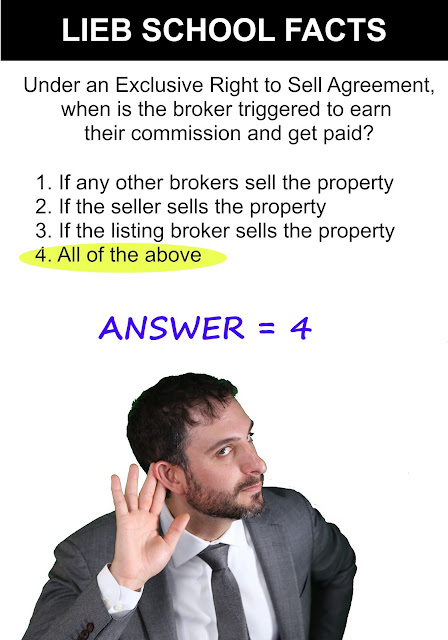When the discovery of a latent
defect in a newly purchased home triggers
a severe case of buyer’s remorse,
the real estate brokers involved in the
transaction often find themselves in the
crosshairs. The erroneous expectation
is that these licensed professionals hired for the purpose of bringing two
parties together in a meeting of the
minds are the guarantors of a problem-free
transaction. In reality, a real
estate broker’s liability is limited to the
duties owed to the complaining party.
Some of these duties are derived from
general common law negligence and
agency principles, while others are
specific to real estate brokers by way
of statutes, regulations and administrative
decisions. Because consumers
tend to purchase or rent a home only a
handful of times in their life, their
familiarity with the rules governing
these agency relationships
is often lacking.
So, when is it really your real estate broker’s fault?
Read the full article by Dennis Valet, Esq. in published in The Suffolk Lawyer Here.
So, when is it really your real estate broker’s fault?
Read the full article by Dennis Valet, Esq. in published in The Suffolk Lawyer Here.









